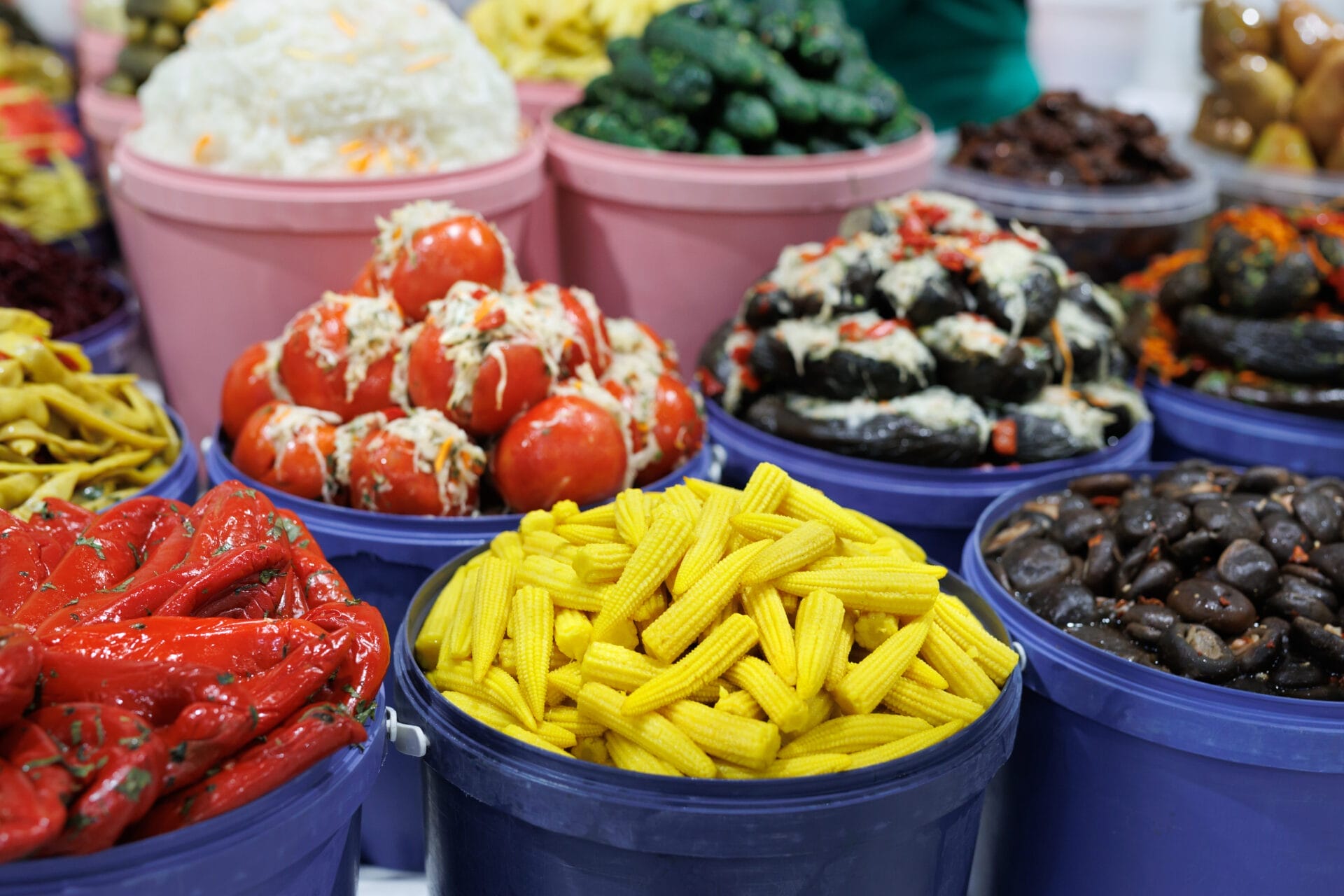The global halal food business is expected to expand rapidly, reaching new highs in 2025. As customers become more conscious of their dietary choices, the demand for halal products has increased dramatically. Let us delve into the exciting world of halal cuisine and investigate the top countries driving this consumption trend.
What is Halal Food?
The Arabic word for “permitted.” Halal is generally regarded as “Halal,” which signifies food authorized under Islamic principles in the Qu’ran. Most foods and beverages are Halal unless explicitly prohibited in the Qur’an (holy book of Islam) and hadith (prophetic traditions). The halal sector is based on the notion that Muslims should consume “halalan soybean” food and cosmetics, which means permissible and wholesome. The halal market is not limited to Muslims and is gaining traction among non-Muslim consumers who equate halal with ethical consumption. The halal business has evolved beyond food to encompass medicines, cosmetics, health products, toiletries, medical devices, and service sector components, including logistics, marketing, print and electronic media, packaging, branding, and finance. Furthermore, the halal food marketplace is rising as one of the most profitable and powerful market venues in the global food industry today.

The Market Growth
The halal food sector has grown considerably during the last decade. By 2025, it is expected to be one of the fastest-growing segments of the global food market. The market caters to Muslim consumers and non-Muslims who are lured to the perceived benefits of halal food, such as greater sanitation standards, ethical sourcing, and animal welfare.
Leading Countries for Halal Food Consumption
1. Indonesia (🇮🇩)
Despite having the largest Muslim population in the world, Indonesia continues to dominate the market for halal groceries. Attributable to a younger, more technologically savvy population that values authenticity and quality, the nation has witnessed a significant increase in the manufacturing and consumption of halal products.
2. Malaysia (🇲🇾)
Malaysia is a huge consumer and a major exporter of halal food. The government has actively promoted halal certification and the development of the halal industry, which has resulted in the country becoming a global hub for the production of halal food.
3. Saudi Arabia (🇸🇦)
As the country considered to be the birthplace of Islam, Saudi Arabia naturally prefers halal food. The country’s thriving economy and growing urbanization have increased the demand for a wide variety of halal food products, including classic cuisine and contemporary convenience foods.
4. United Arab Emirates (🇦🇪)
This diversity is reflected in the United Arab Emirates (UAE) halal food sector, a melting pot of cultures. The demand for products certified as halal is increasing due to the expanding number of people living abroad and the flourishing tourism industry. A bright future for the business is ensured by the United Arab Emirates (UAE) substantial investments in the development of halal food products.
5. Turkey (🇹🇷)
Because of its strategic location between Europe and Asia, Turkey is a big player in the halal food business. It also has a historically significant culinary tradition. Turkish consumers have a significant preference for halal products, and the country is also becoming an important exporter to Europe and other regions.
6. Pakistan (🇵🇰)
The vast and expanding Muslim population in Pakistan has contributed to the success of the halal food business in the country. To satisfy the domestic and global market requirements, the food industry in this country is placing a greater emphasis on halal certification.
7. Egypt (🇪🇬)
Egypt, known for its thriving culinary culture, is witnessing an increase in the consumption of halal food. The government’s efforts to increase halal certification and the growing popularity of Egyptian cuisine worldwide are also factors contributing to this expansion.

Reasons of expansion
Several causes are contributing to the rapid expansion of the halal food market:
1. Trends in the Demographics
The Muslim population worldwide is anticipated to have increased dramatically by the year 2025, reaching about 2.2 billion. Consequently, this demographic shift will result in a larger consumer base with specific nutritional preferences.
2. Increased Awareness and Demand
Individuals who are not Muslims are also contributing to the halal food boom. There is a widespread perception that halal food is a sign of quality, cleanliness, and ethical consumption, which is in keeping with broader trends toward organic and ethical eating.
3. The expansion of the economy and the increase in urbanization
Rising wages are increasing food costs, particularly in nations where Muslims make up the majority of the population. More individuals are looking for food options that are both convenient and of good quality, another factor caused by urbanization.
4. The concepts of e-commerce and digital marketing
Halal food has become more available due to the advent of e-commerce. Online sales of halal items benefit from digital marketing strategies that target young, knowledgeable consumers about technology.
A Look into Halal Food’s Future
Rising interest in and demand for halal-certified goods is fueling explosive expansion in the halal food industry. Not only are halal foods becoming more popular in nations with a Muslim majority, but even non-Muslim customers are seeing the moral and health benefits of eating them.
We should expect innovation to influence the halal healthy food business in the future significantly. There are infinite potential applications, such as halal items made from plants or online certification systems. The worldwide halal food sector reflects an open and conscientious shift towards food choices that are more than a fad.

